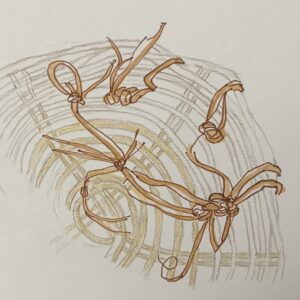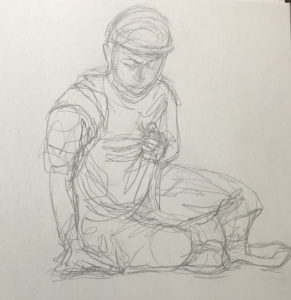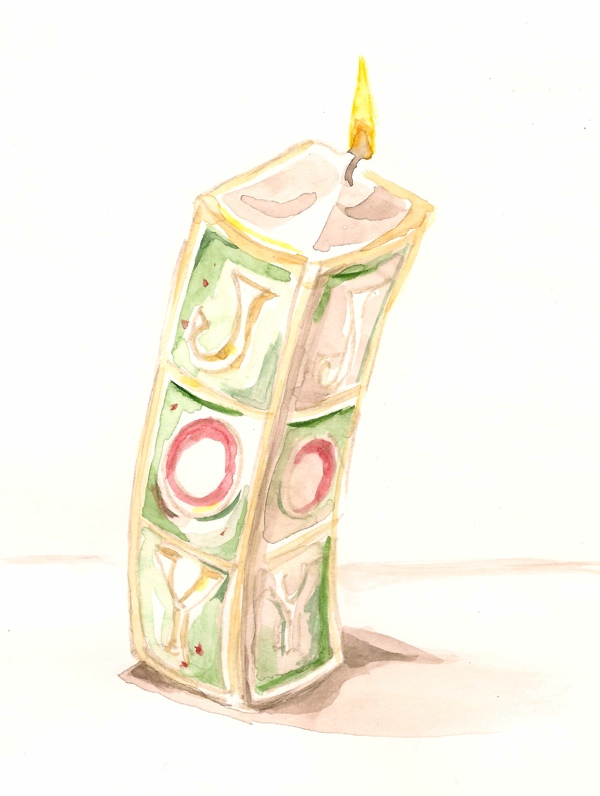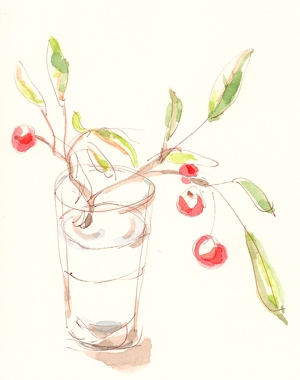I am involved in a project at Yale University on joy, considering what science might have to contribute to our understanding of it. I have also been doing more work and writing on how dire circumstances can help us dispel certain delusions of thinking. These words speak to both:
The basic assumption of the happiness mentality—in spite of considerable hard evidence to the contrary—is that if one lives one’s life correctly one will be happy. The corollary of this assumption is that if one is not happy, one is doing something wrong. These two beliefs form the foundation of a system that has become so rampant in recent years that many people now feel any sign of unhappiness in their lives is a symptom of psychological or spiritual disorder. People who believe this strive to resolve or repress unhappiness as quickly as possible….
The happiness mentality causes people to repress or deny many of their own negative feelings. It prohibits the rich experience of living through painful situations, of fully feeling and being in the sadness, grief, and fear that are natural parts of human existence. It fosters a pastel quality of life, with limited ranges of emotion. Some shallow conditions of ‘happiness’ may be achieved in this way, but joy is altogether out of the question. Most of us know that prohibiting agony in the experience of life must also prohibit joy. To try to accomplish one without the other is to dilute both the experience and the meaning of life. But the happiness mentality can overcome this knowledge, convince us that sadness is unhealthy, and cause us to bridle all our feelings. At best, this watered-down existence takes on a ‘Pollyanna’ atmosphere, denying the negativity of life. At its worst, it sinks into apathy, denying life itself.
Human beings who adhere to the happiness mentality are continually attempting to deprive themselves of the rich dark side of life, the leaven, the creative complementarity without which happiness is empty. If these attempts are successful, life’s experiences become as flimsy as tissue. If the attempts fail, people feel that something is deeply wrong inside them. Neither way allows the precious beautiful, awesome possibilities of accepting the richness of life as it presents itself in each moment.
Perhaps the greatest inherent defect of the happiness mentality is that it prohibits sensitivity and responsiveness to the suffering of others. The happiness mentality maintains that one must first organize one’s own life toward the absence of discomfort. Even if a person manages to accomplish this for a brief period of time, the terrible pain in the rest of the world still exists. One then has an extremely limited range of options in responding to this pain. One can deny it, shut it out of awareness through ‘selective inattention,’ or one can engage in brief sophomoric attempts to rationalize it. But the fact remains: private happiness can exist as a permanent condition in the midst of public suffering only if it is based on delusion.
(This is of course not to say that one must carry the world’s burdens on one’s shoulders with constant morbidity. In fact, the happiness mentality is in large part a rebellion against precisely this kind of puritanical pessimism. It was not too long ago that people in our culture were looked upon with suspicion if they appeared too happy. Many puritanical-pietistic themes of Middle America maintained that life was hard, that each person had to bear the cross, and that suffering was good for the soul. It was believed that something was morally wrong with people who did not seem to be struggling with the pain of life. It is not surprising that generations of such somber sobriety would eventually bring rebellion. As usual, however, the pendulum swung too far. Now, instead of happiness being seen as a moral impropriety, unhappiness is seen as a psychological defect.)
Whenever one is preoccupied with happiness, the possibility of joy is pre-empted. Poets, contemplatives, and some philosophers have long maintained that a fundamental qualitative difference exists between these two states, but our society is just barely beginning to appreciate how radical that difference is. Happiness has to do with Freud’s old pleasure principle: the satisfaction of needs and the avoidance of pain. Joy is altogether beyond any consideration of pleasure or pain, and in fact requires a knowledge and acceptance of pain. Joy is the reaction one has to the full appreciation of Being. It is one’s response to finding one’s rightful, rooted place in life, and it can happen only when one knows through and through that absolutely nothing is being denied or otherwise shut out of awareness.”
May, Gerald. (1987). Will and Spirit. Harper and Row. pp 14-16
 When we have experienced emotional or physical or relationship damage in the past, it can continue to feel frustrating at best and irreparably harmful at worst. I so often look at the broken places as problems, limitations, and inadequacies. Or I try to ignore them. But the kintsugi approach actually highlights the beauty in repairs.
When we have experienced emotional or physical or relationship damage in the past, it can continue to feel frustrating at best and irreparably harmful at worst. I so often look at the broken places as problems, limitations, and inadequacies. Or I try to ignore them. But the kintsugi approach actually highlights the beauty in repairs.

 I have always loved to dance, and to watch others dancing. There is something about dancing that can express joy in fantastic ways, connecting our feelings of joy to how we feel in our bodies. I have enjoyed a video recently, of the TU Dance Company in a collaboration with the singer Bon Iver, and I enjoyed sketching the dancers, entering into their experience while doing so (
I have always loved to dance, and to watch others dancing. There is something about dancing that can express joy in fantastic ways, connecting our feelings of joy to how we feel in our bodies. I have enjoyed a video recently, of the TU Dance Company in a collaboration with the singer Bon Iver, and I enjoyed sketching the dancers, entering into their experience while doing so (



